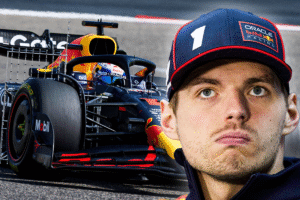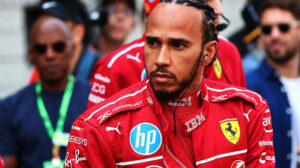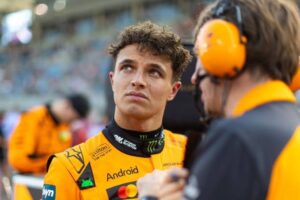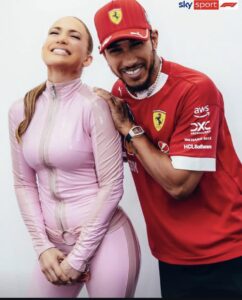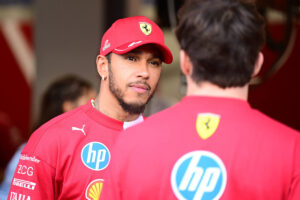Breaking news:Red Bull chief drops driver….read more
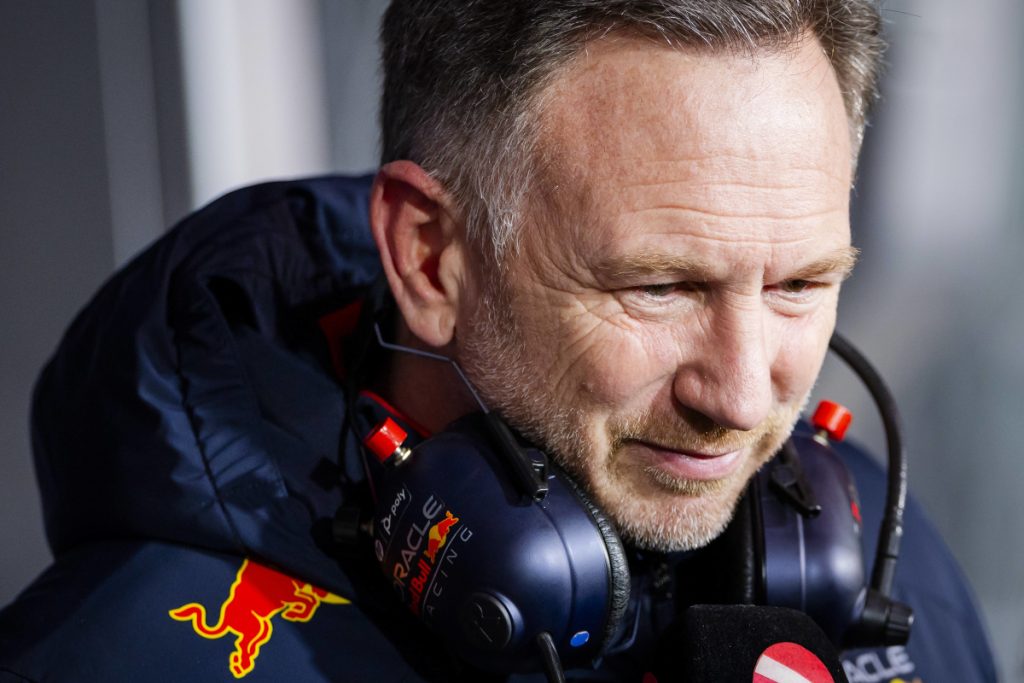
Red Bull chief drops driver….read more
Red Bull Formula 1 advisor Helmut Marko has made a surprising admission regarding one of the team’s past driver decisions. In a recent interview with Autosprint, Marko confessed that signing Nyck de Vries was his biggest mistake, marking a rare moment of self-reflection from the notoriously tough Red Bull executive.
The motorsport world is currently in a quiet period, with F1 drivers taking their winter break to rest and prepare for the upcoming 75th season of the championship. As teams adjust their strategies and gear up for the 2025 and 2026 seasons, there have been notable driver lineup changes across the grid. For Red Bull, these changes have been particularly significant, as they look to restructure their team for future success.
In one of the most talked-about moves, Red Bull has opted to promote junior driver Liam Lawson to race alongside four-time world champion Max Verstappen. This comes after the departure of Mexican driver Sergio Perez, who had been under increasing pressure to improve his performance. Despite his long tenure with the team, Perez struggled in the 2024 season, finishing with two retirements (DNFs), which ultimately cost Red Bull second place in the Constructors’ Championship. Marko and team principal Christian Horner had been vocal in their expectations for Perez to perform better, but after a series of disappointing results, the decision was made to replace him. Lawson, having impressed in his limited appearances, will now have a full-time seat at the team.
With Lawson’s promotion, Red Bull’s sister team, AlphaTauri, also underwent changes. Yuki Tsunoda, who has been with AlphaTauri for several seasons, will now be paired with rookie Isack Hadjar. The team is hopeful that the new combination will bring better results, as they continue to rely on their junior driver development programme to foster talent for the future. Both Lawson and Hadjar face the immense pressure of proving themselves in a highly competitive environment, with Red Bull known for its ruthless approach to driver performance. If they fail to meet the team’s high standards, they could face being replaced midseason, just as previous drivers like Pierre Gasly and Alex Albon were after being dropped by Red Bull.
However, not all stories of drivers being dropped from the Red Bull family end with successful F1 careers. One notable case is that of Nyck de Vries, whose brief stint in F1 with AlphaTauri ended in disappointment. De Vries, who had an impressive career in Formula E and had won the Formula 2 championship, was handed a full-time F1 seat with AlphaTauri for 2023. His debut performance at the 2022 Italian Grand Prix with Williams, where he filled in for an injured Alexander Albon, had been exceptional, leading to high expectations when he was signed by Red Bull’s junior team.
However, things quickly went awry for the Dutch driver. Despite his strong CV, de Vries struggled to find his rhythm with AlphaTauri, and after just ten races in 2023, he was dropped from the seat. He was replaced by Daniel Ricciardo, who had returned to the Red Bull family after a brief sabbatical from the sport. The decision to part ways with de Vries raised many eyebrows, especially given the team’s earlier praise for his potential.
In the Autosprint interview, Marko reflected on the de Vries situation with some regret. “My biggest mistake? That was undoubtedly Nyck de Vries,” Marko stated candidly. He acknowledged de Vries’ impressive performances in other motorsport categories, including his success in Formula 2 and Formula E, as well as his standout drive with Williams in Monza. “He did very well on his debut for Williams. He also had an incredible CV. He was Formula 2 champion and Formula E champion. But for us, the stopwatch said that Nyck de Vries was the wrong choice,” Marko confessed.
This candid admission highlights the cutthroat nature of Red Bull’s driver selection process, where past accolades and potential are often overlooked in favor of immediate on-track performance. Marko’s decision to sign de Vries, based on his past achievements, now stands as a regret in hindsight, underscoring the difficulty of adapting to F1 when making the leap from other series. The Dutchman’s time with AlphaTauri was brief and ultimately unsuccessful, but it serves as a reminder of the immense pressure and expectations faced by those who are part of Red Bull’s driver programme.
Looking ahead, Red Bull’s driver lineup for 2025 and beyond will be under intense scrutiny, with Lawson and Hadjar tasked with proving they are the right choices to represent the team’s future. The stakes are high, and the performance bar has been set at a level where even minor mistakes can have significant consequences. Red Bull’s ability to make quick decisions on driver performance will continue to shape the careers of future F1 stars, as Marko and Horner seek to maintain the team’s dominance on the track.


